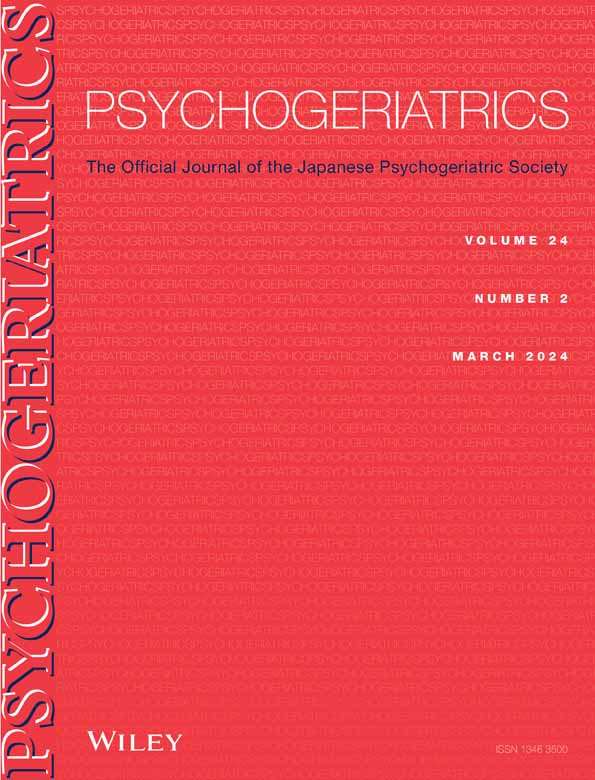Efficacy of non-invasive brain stimulation for post-stroke dysphagia: a meta-analysis
Disclosure: No conflict of interests.
Abstract
Background
Given the potential harms of dysphagia after stroke, we noticed the possibility of non-invasive brain stimulation treatments in the management process.
Methods
The meta-analysis search for articles published before May 2023 in databases. We used STATA 12.0 software to compute the standard mean difference (SMD) and 95% confidence intervals (CI).
Results
The study showed a greater improvement in swallowing function in post-stroke dysphagia given transcranial direct current stimulation (tDCS) immediately after treatment, compared to those given sham tDCS (SMD = 2.99, 95% CI = 1.86–4.11). The study showed a greater improvement in swallowing function in post-stroke dysphagia given tDCS some days after treatment, compared to those given sham tDCS (SMD = 2.01, 95% CI = 0.87–3.16). The study showed a greater improvement in swallowing function in post-stroke dysphagia given repetitive transcranial magnetic stimulation (rTMS) immediately after treatment, compared to those given sham rTMS (SMD = 4.17, 95% CI = 3.11–5.23). The study showed a greater improvement in swallowing function in post-stroke dysphagia given rTMS some days after treatment, compared to those given sham rTMS (SMD = 1.77, 95% CI = 0.94–2.60).
Conclusions
In conclusion, our study showed the beneficial effects of non-invasive brain stimulation on difficulty swallowing for stroke patients and speculated about the potential application of non-invasive brain stimulation on post-stroke dysphagia improvement.
Open Research
DATA AVAILABILITY STATEMENT
The data that supports the findings of this study are available in the supplementary material of this article.




